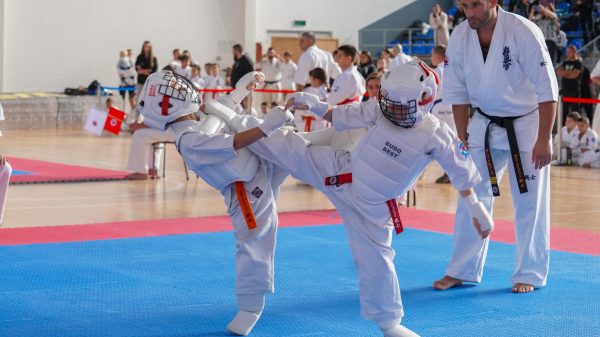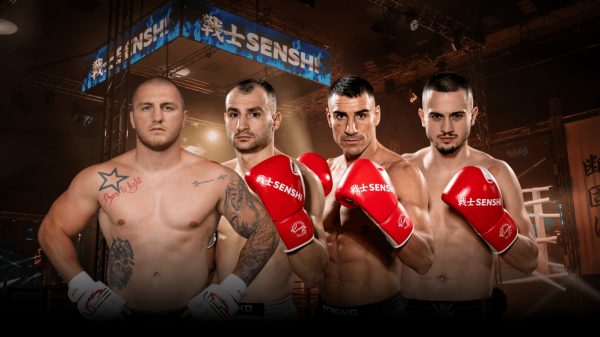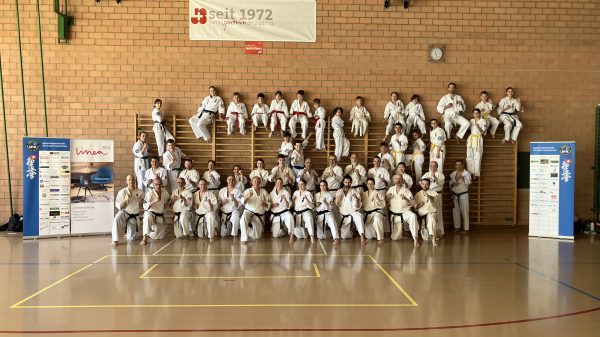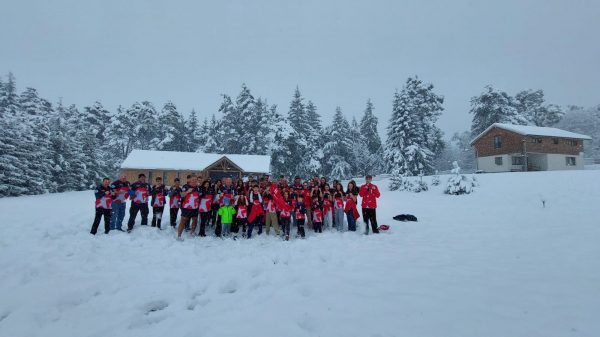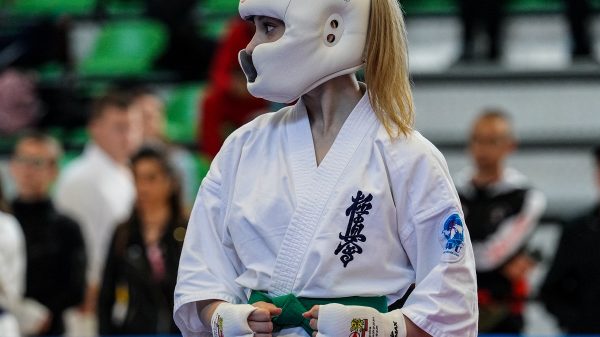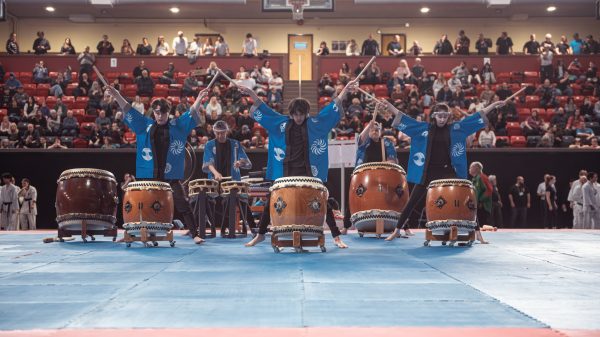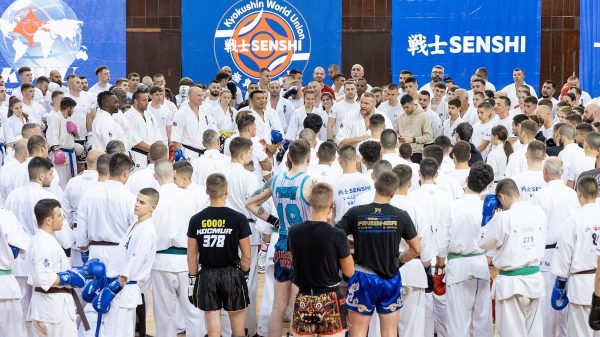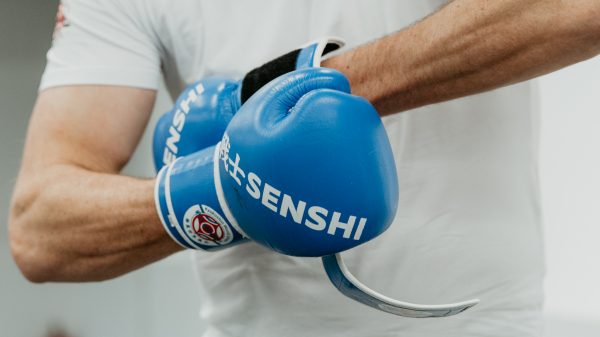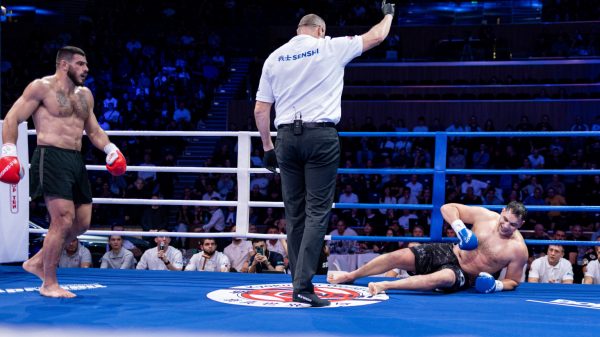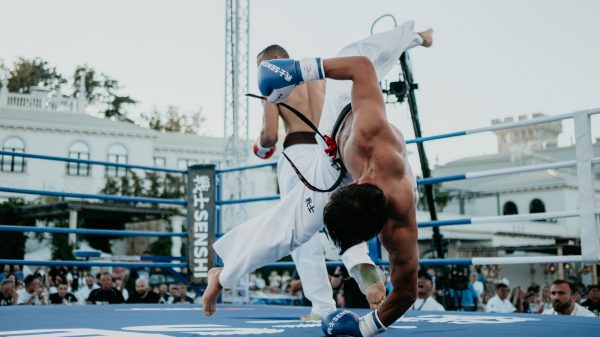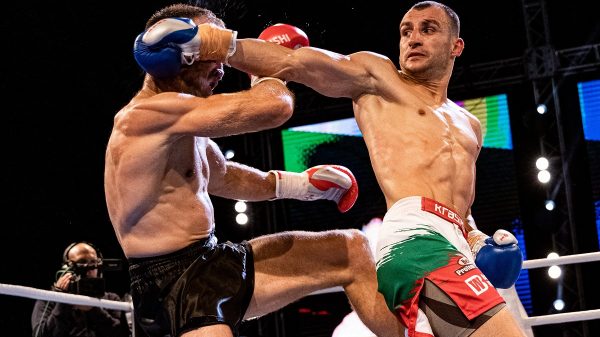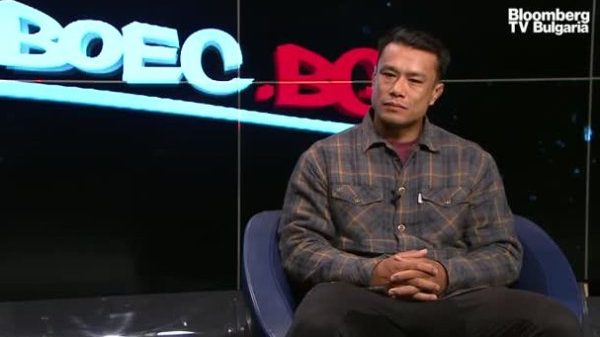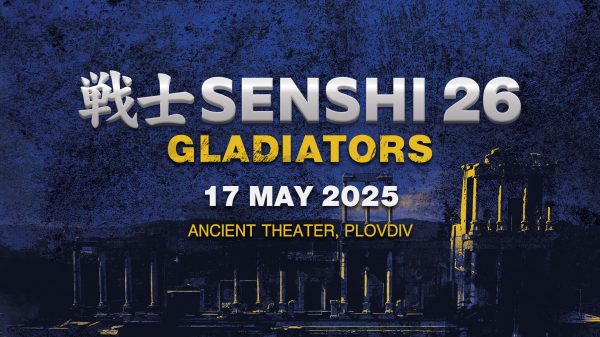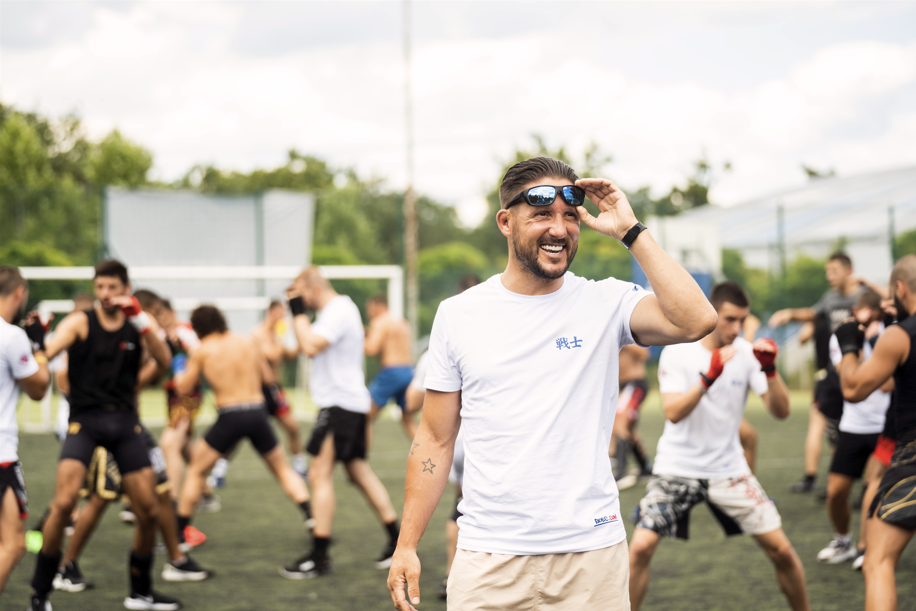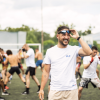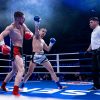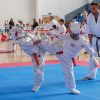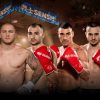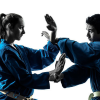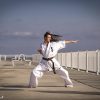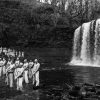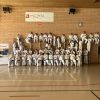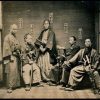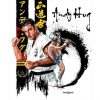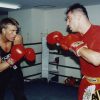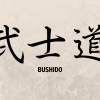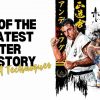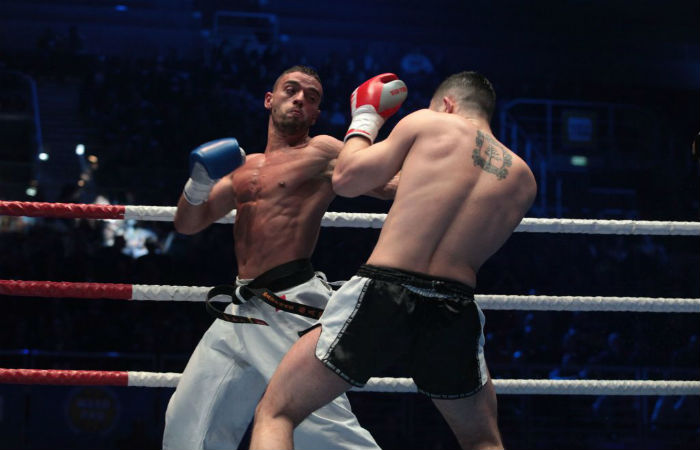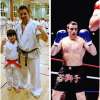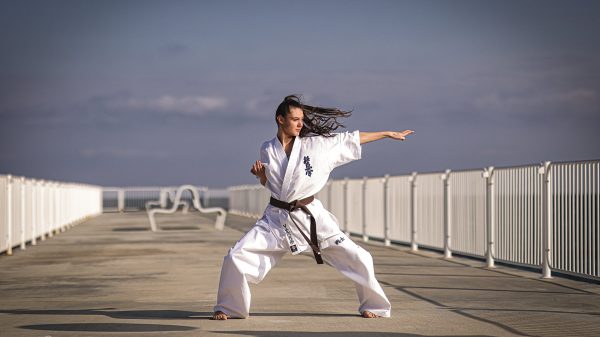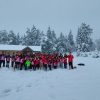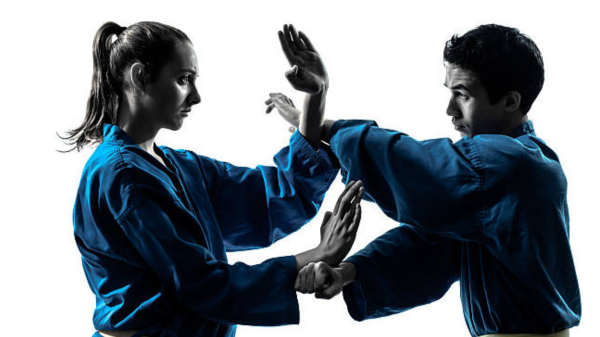Andy Souwer, kickboxing’s most fearsome champion, is now passing on his knowledge and skills at SENSHI – and trying to be the best father ever
From stepping into the ring at just eight years old to facing – and defeating – the greatest names in kickboxing, Andy Souwer is a true martial arts royalty. Two-time K-1 World MAX Champion, he is now a lead instructor at SENSHI training camps and referee at SENSHI’s professional fight gala nights, dedicated to passing on his hard-earned knowledge. But behind “The Destroyer” persona hides a man wrestling with inner demons, pushing through fear, pressure, and self-doubt to reach the top.
As he returns to Bulgaria for the 26th edition of SENSHI (Plovdiv, May 17th), in a special interview for the luxury monthly magazine Bulgaria ON AIR The Inflight Magazine, Souwer talks about the defining moments in his career, the lessons learned through success, and his mission to shape the next generation of warriors.
Read the whole interview with Andy Souwer by Dayana Popova:
You began kickboxing at the age of seven and had your first fight when you were just eight. What motivated you to start training?
It all started because of my father’s choice. In essence, it was an unconscious decision that ultimately led me to become the best in the world. He wanted me to become more resilient on the street. Even though I had plenty of friends, I was supposedly the kid whose bike got taken away. That was enough reason for my father to put me in martial arts. I still vividly remember my first match. It was against Ellias Bemeriem on March 21, 1990. I can’t recall much about the fight itself, but I remember the video footage of it – I looked clumsy and uncoordinated. What stuck with me the most was the moment Ellias gave up. The euphoria I felt then haunted me for years. It gave me a reason to keep going, even though I almost hated the sport. I couldn’t let go of that feeling, and I certainly couldn’t disappoint my father.
As a child, I was sensitive and insecure, but kickboxing gave me a mask to hide behind. For years, I defined myself only as a fighter. It took me a long time – three years after retiring, to be exact – to truly figure out who Andy Souwer was beyond the ring.
You went on to become a two-time K-1 World MAX Champion. What were the key factors behind your victories in 2005 and 2007?
The biggest factor was my sheer determination to be the best. I had an irrepressible desire to become the “white warrior,” just like my hero Jean-Claude Van Damme in Kickboxer. I watched that movie so many times as a child. Ultimately, I became world champion in the Far East, but I got there by walking a path filled with fear, pressure, and a mask I had to wear. I simply followed the philosophy of Osu, which in Japan signifies perseverance and pushing forward no matter what. I did what was expected of me, and that led me to the top. Of all the fights in your career, which one stands out the most to you? It took me a long time to accept that I was actually good. There was always that critical voice in my head telling me otherwise, and the media didn’t help – many doubted whether I belonged among the elite. If I had to choose, I’d say my semi-final fight against Masato Kobayashi in 2005. Masato was a superstar in Japan and a previous Grand Prix winner. Beating him in his own country, where everyone expected him to win, made me ask myself: was I really that good? Or did they just let me win?
Of course, that wasn’t the end. I had to fight Buakaw Por Pramuk in the final, and he was determined to correct the “mistake” of losing to me the year before. By that point, I was exhausted, carrying serious injuries, and struggling to refocus. I lost that final but learned a great lesson. I came back stronger the following year and won the title again.
Who do you credit the most for your success? Was there a special person who defined your career?
All my victories were thanks to my own efforts but also my team. My trainer in 2005 pushed me to my limits, sometimes frustrating me to the point of anger, but that fuelled me. By 2007, my second trainer, Andre Mannaart, guided me with clear direction, helping me make the right decisions at the right moments. Of course, my father played a big role, as did my mother, in her own way. Even my rivals and my wife influenced my journey. But in the end, I was always fighting against something bigger: myself. The man in the mirror.
Looking back, I see that everything happened the way it needed to, even if it wasn’t easy for me or my family.
Speaking of rivals, is there a story from your career that fans might not know but had a major impact on you?
Many people don’t know that my old rival, Albert Kraus, played a huge role in shaping me as a fighter. In 2003, I got my first opportunity in K-1, and my opponent was Albert – who had been my training partner. In the gym, our sparring sessions weren’t exactly friendly; he would beat me up regularly. That day in the ring, it was no different. He knocked me out. I woke up with my mouthguard flipped in my mouth, humiliated. That loss could have ended my K-1 career before it even started. But instead, I made a decision: I would never let that happen again. I started training in boxing to improve my defense, and that change set me on the path to winning world titles.
You retired in 2021 and now, you’re one of KWU SENSHI’s most respected instructors and referees. Are you enjoying this new chapter in your life?
Yes, very much. But getting here was not easy. I continued fighting for too long, making decisions based on financial struggles and impulsive choices. I ignored my instincts, and as a result, I suffered unnecessary blows – both physically and emotionally. But I’ve learned from those mistakes. Now, I can use my experiences to help others. I’m honored to be part of the KWU and SENSHI family, where we pass down knowledge not just to fighters, but to each other as well. That’s the beauty of it.
Was it difficult to step away from professional competition?
Absolutely. After all, what else could I do? For so long, fighting was my identity. I had worn the mask for so long that I was afraid to take it off. What would be left of me? Would I just be a nobody? It took a lot of internal work, but ultimately, I’m glad I went through this journey. Everything happens for a reason.
Speaking of the mask that you wore, who is Andy Souwer at home?
In the ring, I was like a samurai – fully dedicated to my craft, ready to give whatever was needed. Outside of it, I was always that same small, insecure boy. Polite, helpful, but still struggling internally. Now, I’m a family man, hopefully a role model, and above all, a happier person. I still carry some of my past, but I use it to help others.
Looking back, what do you consider your greatest achievement – both in sport and in life?
Being the best father I can be to my sons and a role model for them. That’s what matters most. If you could change one thing in your past, what would it be? I would have realized sooner that time is precious and should be spent wisely. I would have accepted that not all people are good for you, and that’s okay. Wisdom comes with time.
*The interview is published in the March issue of Bulgaria ON AIR The Inflight Magazine (#175)


